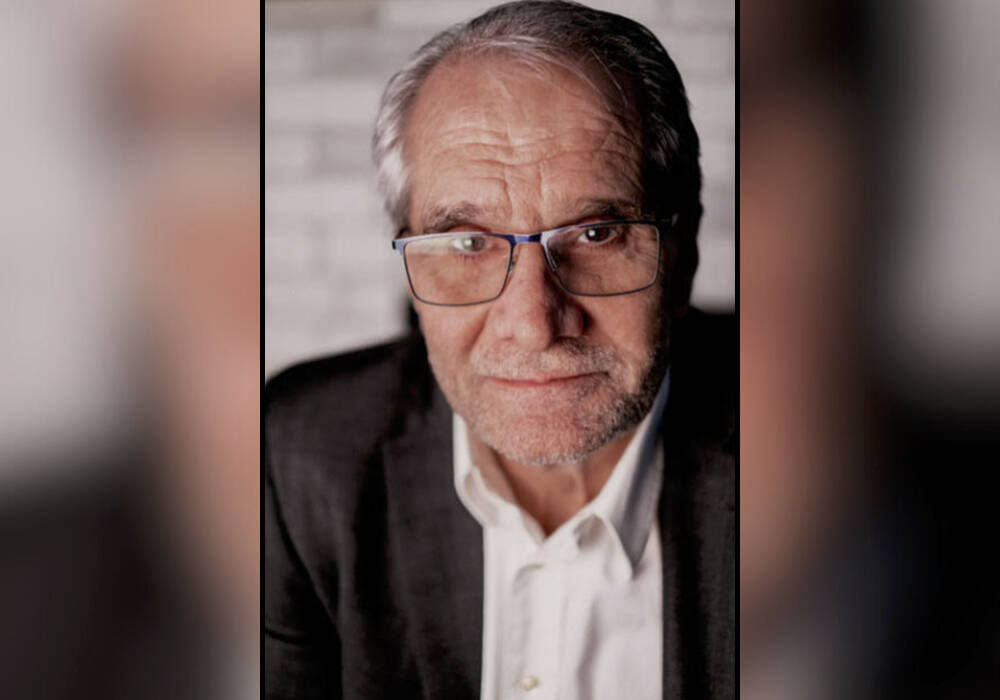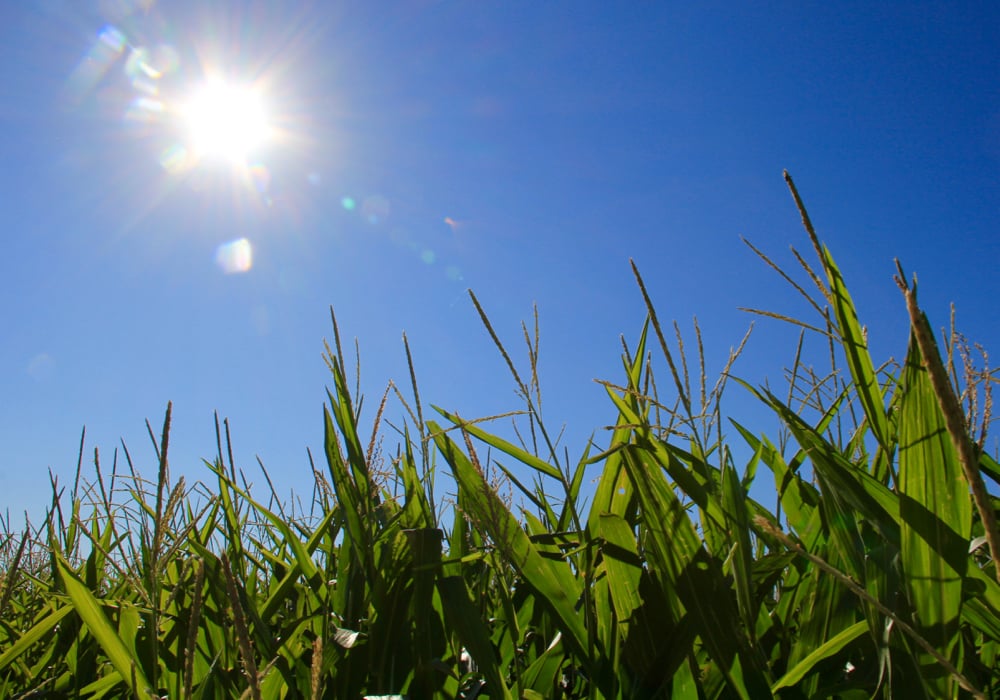‘Recovering Farmer’ shares his story of farmer mental health in new book

Glacier FarmMedia – Gerry Friesen is doing an uncomfortable thing. He’s putting both his name and internal struggles out for the world to see, in an effort to break the silence around farmers’ mental health.
Read Also


Satellite images of plants’ fluorescence can predict crop yields
Cornell University researchers and collaborators have developed a framework that allows scientists to predict crop yield without the need for…
The “Recovering Farmer,” as Friesen has long been known on his blog, has taken his message from the digital space to the bookshelves. His new book, also called The Recovering Farmer, was published by Friesen Press this May.
Why it matters: Research into farmers’ mental health has repeatedly flagged high rates of stress, anxiety, depression and burnout in the profession.
Friesen grew up on a poultry farm just outside of Wawanesa and took up the job himself as an adult.
Along with his brother, he looked after a hog operation until 2007.
During that time, Friesen was diagnosed with anxiety and depression, issues that affect more than five million Canadians aged 15 and older, according to Statistics Canada.
His journey of recovery has since become a passion for helping others experiencing similar challenges and is at the root of his book.
It’s about his diagnosis and early treatment with medication, he said, but it also touches on the impact of his later work with mental health organizations. “Then I really started the discovery part of my journey … I started learning about mental illness and I was able to connect the dots for myself with the help of others.”
Friesen has worked extensively in conflict resolution, having taken courses in that sphere since 2000 (he was appointed to the Manitoba Farm Mediation Board that same year). Along with his private business, he provides mediation services to Farm Debt Mediation Services and the Automobile Mediation Office.
In 2007, knowing intimately the stress and struggle that can be involved in the life of a farmer, Friesen started volunteering with the Manitoba Farm and Rural Stress Line.
Today, he serves as the chief administrative officer of Manitoba Farmer Wellness, a program providing one-on-one, free and confidential counselling sessions to farmers, all with counsellors who have backgrounds in agriculture.
He got his first taste of writing on his blog, gerryfriesen.ca, and was later encouraged by friends and family to write a book about his life’s story.
It would end up being a continuation of his journey of self-discovery and recovery.
It would not, however, be without its challenges.
“There were times when I was writing that I would be reminded of some of the stuff that had gone on in my life, things such as my addiction, and I quit writing because it was pulling me towards the abyss,” Friesen said. “But then there were times when I was writing that I would be reminded of some of the good stuff that had gone on in my life.”
He said the process of writing taught Friesen the healing potential of sitting down to reflect on his past, especially since people who experience anxiety and depression often experience cognitive distortions that make them focus on the negative parts of their life and situation.
“They think their life has been a waste. I was in that same boat, and yet when I started reflecting back, yes there was mental illness and, yes, there was everything that comes with it, but there was also a lot of good stuff that happened as well, so being able to sit down and articulate that and write about it — the good, the bad and the ugly — was therapeutic to me.”
Talking about it
Recent years have seen a surge of discussion around mental health in farming and a line of producers who, like Friesen, have started to publicly share their battles.
“One day, it occurred to me that actually having the freedom to talk about it gave me more freedom,” Friesen said, adding that “there is a freedom in being able to come out of isolation, being able to talk openly about those things that are dragging me down and being able to articulate the darkness that can so easily overwhelm.”
And finding the courage to talk about it, maybe not in a public sphere, but to a trusted family member, friend or professional, is necessary to start healing, he said.
There is ground being gained. Friesen has noticed that more people from all walks of life are now talking about mental health and the importance of seeking help when struggling, and that’s helping to break down the stigma. Both local and national organizations are contributing to that work.
Roberta Galbraith, vice-chair of Manitoba Farmer Wellness, believes that Friesen’s book and his work with the organization are helping people feel more comfortable talking about their problems. “Now, we use words like being anxious and having anxiety … we can put a name on it,” she said.
Seeing more people reach out to Manitoba Farmer Wellness and acknowledge that they need help is a positive thing, Galbraith added.
“If we had a cancer diagnosis, or if we had a heart attack, everybody would be supportive. You just need to seek help … mental health and wellness is just as debilitating if you’re unwell.”
Friesen hopes that anyone who picks up a copy of his book walks away with a message of hope and a belief that it’s never too late to heal.
“There is hope and there is relief. Everyone deals with it differently … I’d like to have finished the story off by telling you that everything is good, but that’s not the fact of it. The fact of it is that my journey continues. It’s a daily process.”
Source: Farmtario.com

